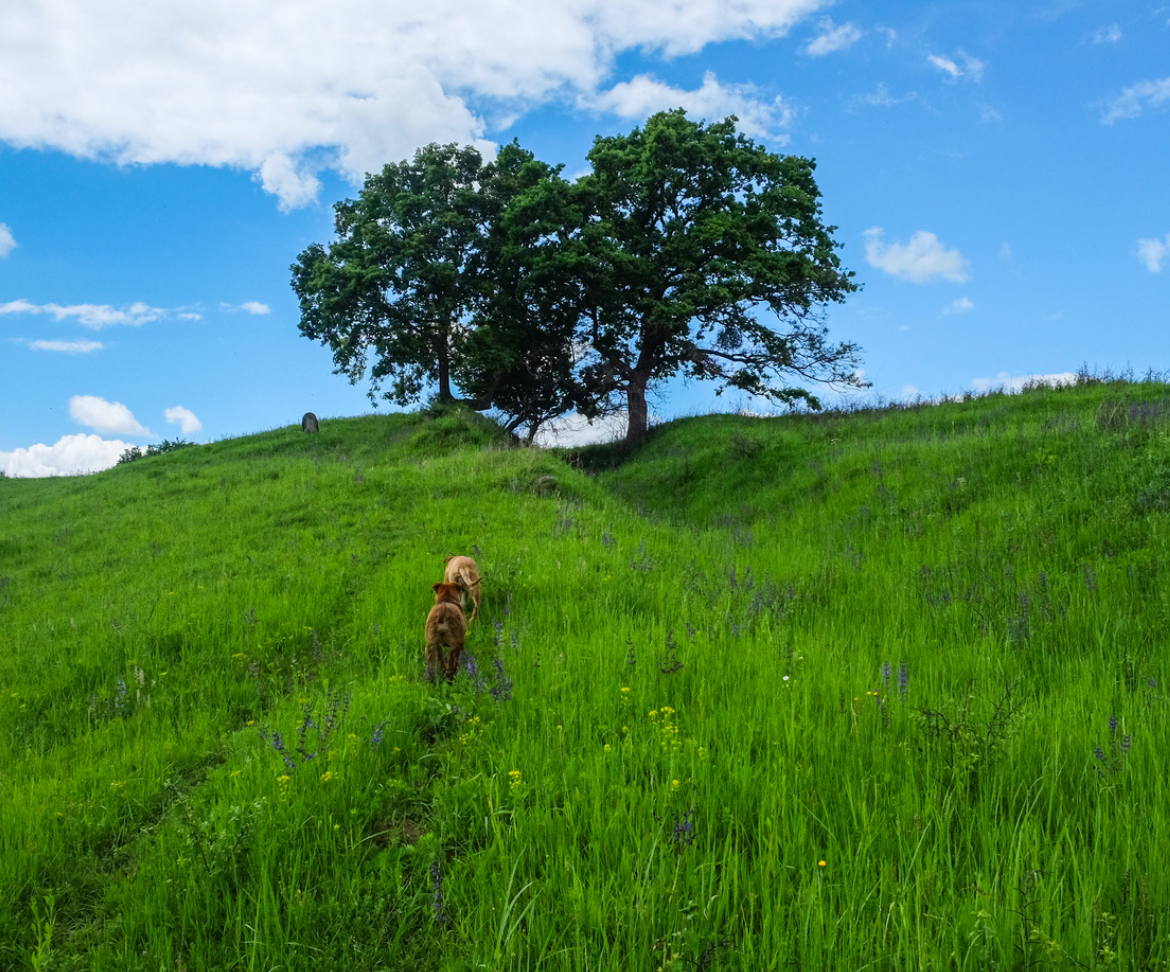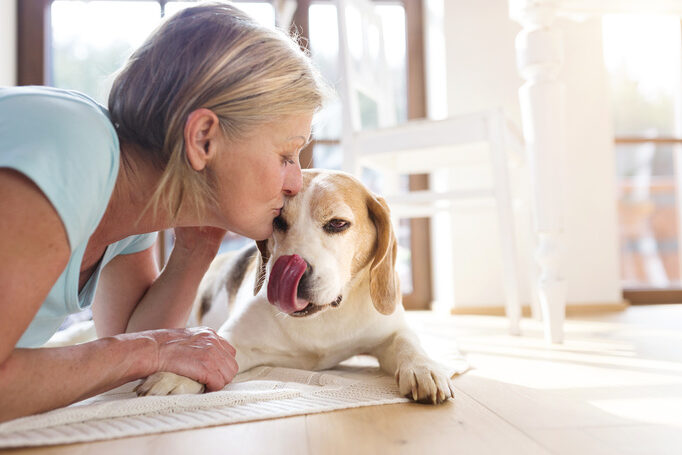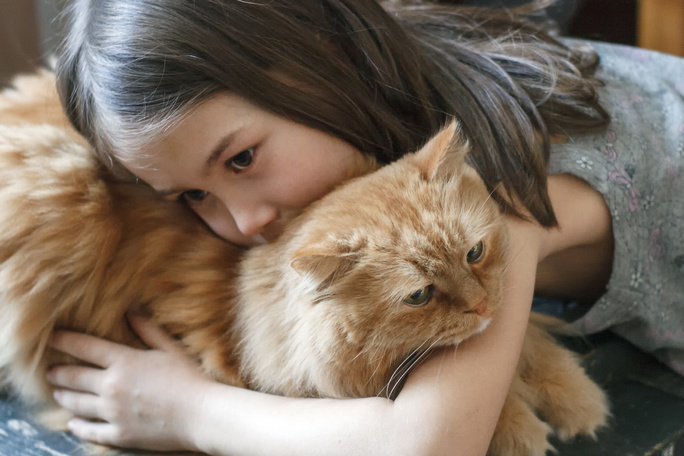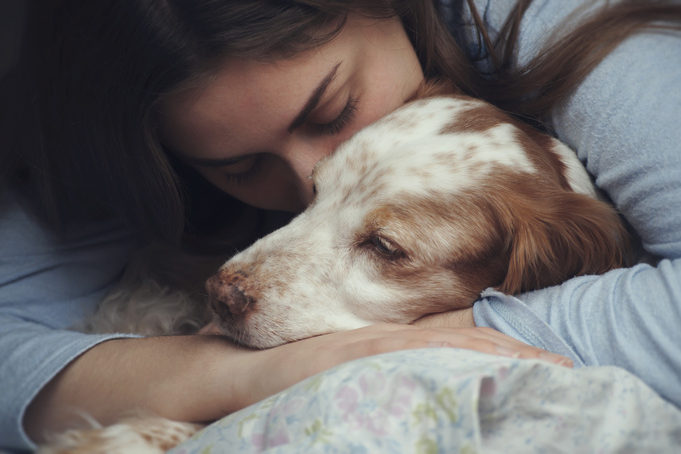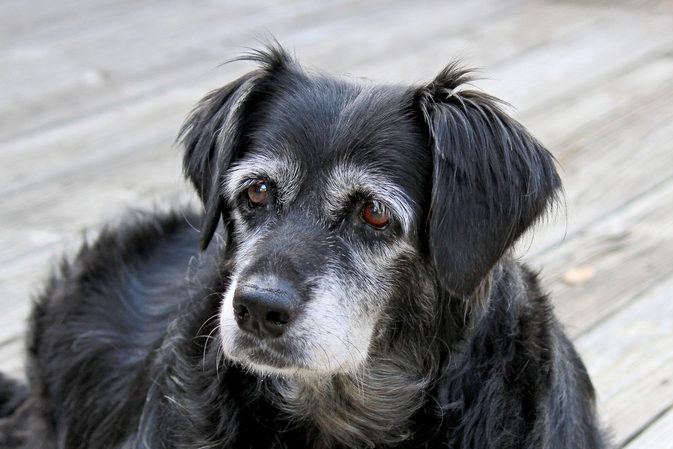Pet Loss & Grief Support
Pet Loss Support Groups
Join us as we provide resources for helping with the emotional and spiritual aspects of pet loss.
Upcoming Schedule:
July 2: Click HERE to RSVP
August 6: Click HERE to RSVP
Different people experience grief in different ways. Besides your sorrow and loss, which can be devastating in itself, you may experience guilt, anger, denial and/or depression. Weighing yourself down with guilt only makes it that much more difficult to work through your loss. Depression is a natural consequence of grief, but if unchecked, can leave you powerless to cope with your feelings. Know that there is support, our staff offers grief support sessions to help you cope with your loss.
Join our Facebook group by clicking HERE. Connect with pet parents dealing with similar feelings and share your stories and experiences. Group admins are certified, grief counselors.
Open to the public.
Support Hotlines
Pet Loss Support Lines
ASPCA: Grief Counseling Hotline: 877-GRIEF-10 or (877-474-3310)
Cummings School of Veterinary Medicine’s Free Pet-loss Hotline: (508) 839-7966
Chicago Veterinary Medical Association: Pet Loss Support Hotline: 630-325-1600
Colorado State University, Veterinary Teaching Hospital, Argus Institute Client Support Service: Argus Clinic Line: 970-297-1242
Cornell University College of Veterinary Medicine New York: Pet Loss Support Hotline: 607-253-3932
Suicide and Crisis Lifeline: 988. The 988 Lifeline is available 24/7/365. Your conversations are free and confidential. Available for text or call.
Children and Pet Loss
Helping Children Cope with the Serious Illness or Death of a Companion Animal: Honoring the Bond, The Ohio State University Veterinary Medical Center
Children and Pet Loss: Euthabag
When a Pet Dies: Helping Kids Cope: Nemours KidsHealth
Children’s Books
Goodbye For Now: Dr.Lynsey Victoria Rinelli
My Pet Died: A Coloring Book for Grieving Children: Alan D.Wolfelt, Ph.D.
Saying Goodbye to Lulu: Corinne Demas
The Tenth Good Thing About Barney: Judith Viorst
Other Pets in the Home
Reactions of Other Pets in the Home: University of Florida, Small Animal Hospital
How the Loss of Your Pet Affects Your Other Pets: Hill’s
In Memory Of A Dear Friend...
We know we love our pets. What we often don’t realize is how deeply their loss can affect us, and that grief for a pet can feel as painful as grief for the loss of a human family member. However, when a human family member dies, there are many different ways to honor their memory through funeral services, cemetary plots and monuments, obituaries published in newspapers, charitable events in memory of special people who fought certain diseases, and many culturally accepted ways of memorializing the memory of a human loved one. When your pet dies, it can be very difficult to find meaningful ways of creating a memorial to a very important life.
One special memorial can be a clay pawprint made by your veterinary hospital when your pet passes away. This clay pawprint is usually created with the pet’s name lovingly imprinted and can be something to treasure forever. Many people may choose to receive their pet’s ashes in an urn to keep. Some may keep the pet’s leash or collar, or a small piece of the pet’s hair. Our animal hospital has a pet nametag memorial where tags with pets names are displayed in an outdoor garden. Some people may make a donation to their favorite animal welfare organization in memory of a beloved pet.
Recently, I lost a very special dog who chose to memorialize herself in a very unusual way. Four years ago, after sharing my life with Norwegian elkhounds for twenty six years, my last elkhound lost the battle to kidney disease. I began searching for a Norwegian elkhound in need of rescue, but found instead a beautiful husky with four kinds of cancer who had been returned to the shelter twice, no one wanted her and she needed a home. Although I had no experience with the husky breed, as I had only had elkhounds before, I brought her home and found in her the best friend I ever had. She was such a beautiful, loving dog who brought so much joy into my life. When she lost the battle to cancer I was devastated at how empty our home seemed without her. I returned to the shelter in the hopes of finding another husky, but there was no elkhound or husky available on that particular day. There was, however a very sweet mixed breed dog, not exactly sure what breed, a male, and I had only ever had female dogs before. I took him for a walk outside the shelter, and he looked back at me over his shoulder, the way my husky always did. In that instant, I understood the perfect way to honor my beloved husky angel was to give this unusual looking gentleman the same chance I gave her four years ago. She was different, she was not the breed I was looking for, but she needed me at that time. So now, I have adopted an interesting looking, unknown breed boy dog who needed me at just the time I needed him. He is my living memorial to a dog who taught me so much, how to open my mind to new opportunities, and I am so grateful to have him in my life!
If you have recently lost a pet, and have room in your heart and your home, take a visit to your local shelter or AWA and consider giving someone different a chance. You may be surprised at the joy a new friend can bring to even a deeply grieving heart.
Author: Dr. Rebecca Merrifield
